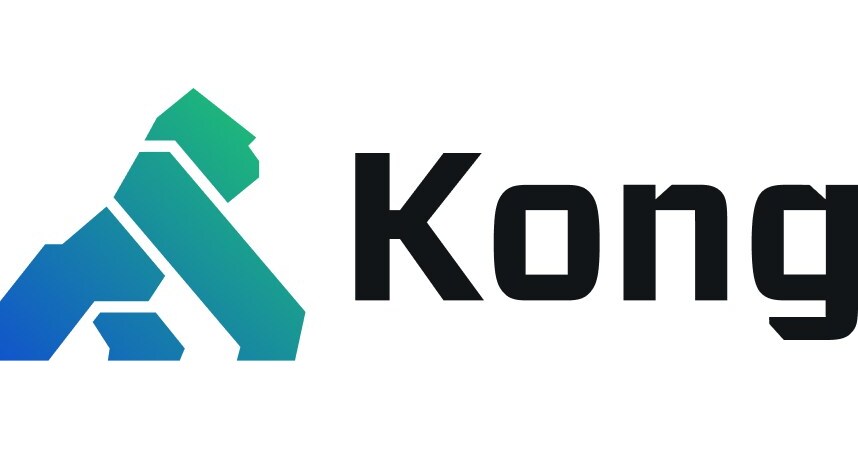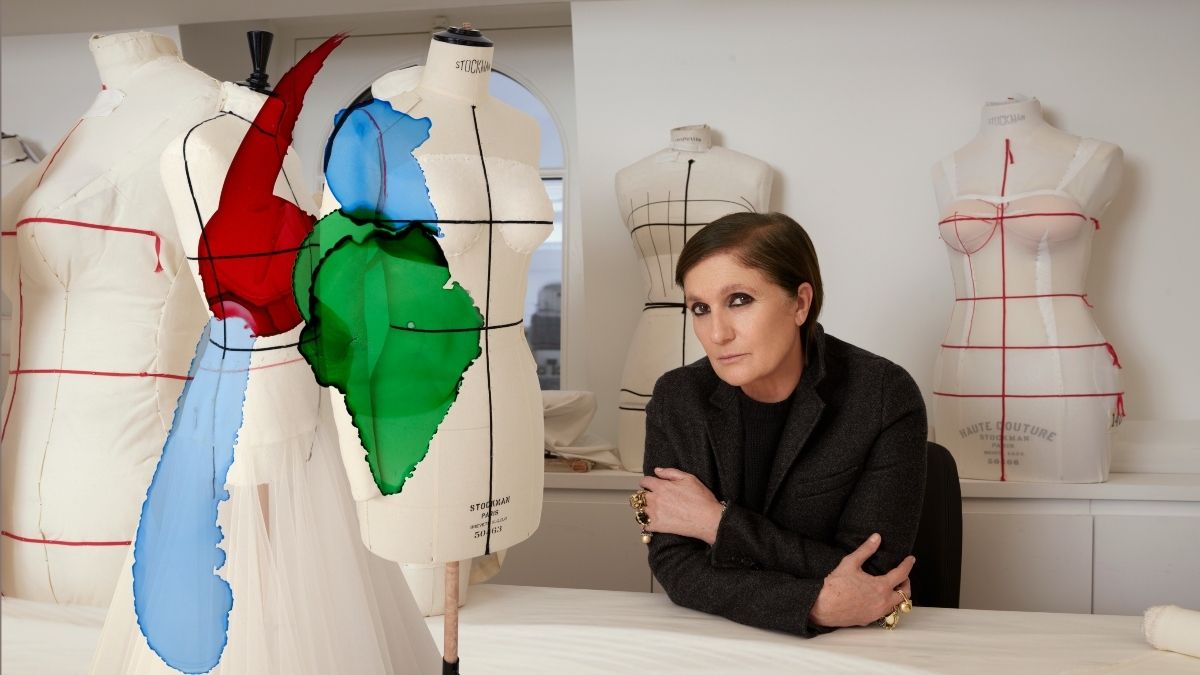New Kong Identity unifies API and identity management to help strengthen security and prepare enterprises for the agentic AI era
SAN FRANCISCO, Oct. 14, 2025 /PRNewswire/ —

New Kong Identity unifies API and identity management to help strengthen security and prepare enterprises for the agentic AI era
SAN FRANCISCO, Oct. 14, 2025 /PRNewswire/ —

Maria Grazia Chiuri has been named chief creative officer of Fendi, the house announced today. Chiuri will present her first collection for Autumn/Winter 2026 during Milan Fashion Week next February. The appointment comes six months after her…

L’Oréal Paris announces the ten Women Of Worth honorees; Yasmine Arrington Brooks, Mizpah Brown-Rich, Keely Cat-Wells, Amy Bowers Cordalis, Sloane Davidson, Lynne B Hughes, Dr. Anita Ravi, Cristina Rodriguez, Gloria Umanah, and Olivia Zhang.

A strange new phase of ice has been discovered during experiments with the world’s largest X-ray laser. Meet ice XXI, a bizarre phase that forms at room temperature, under extreme pressure.
The solidified water we’re most familiar with here on…

Laura Friedman’s love affair with film started young, staying up late to watch old Humphrey Bogart and James Cagney flicks. “It definitely gave me big dreams and I moved to Hollywood to follow those dreams,” she recalls.
Now that dream is…

Air pollution may significantly worsen insulin resistance and metabolic disorders like type 2 diabetes.
Research suggests that PM2.5 exposure impairs brown adipose tissue function, disrupting its ability to regulate metabolism.
The impairment is…


Digitalization is transforming electoral processes across the European Union and its aspiring members. While it strengthens democratic participation, it also introduces risks, from opaque political financing and disinformation to foreign interference and cybersecurity threats. These challenges demand strong digital governance to keep elections free, fair and transparent within and beyond EU borders.
The EU’s digital acquis is central to this effort, shaping how elections are conducted both in Member States and candidate countries. These countries, often with limited resources, must align with the acquis while confronting issues such as foreign influence and effective online campaign oversight. Their experiences also offer valuable lessons for the EU.
This research, Navigating the European Union’s Digital Regulatory Framework, developed under the project Closing the Digital Gap on Elections in EU Accession, funded by Stiftung Mercator, addresses a critical gap in the interaction between the EU and candidate and potential candidate countries.
Part 1, A Compact Overview of Its Impact on Electoral Processes, examines the EU’s digital rulebook—anchored in the Artificial Intelligence Act, the Digital Services Act, the European Media Freedom Act, the General Data Protection Regulation and the Regulation on the Transparency and Targeting of Political Advertising. It shows how these frameworks align technology with democratic values and guard against cyberthreats, privacy breaches and opaque online campaigning.
Part 2, Perspectives on Electoral Processes in EU Candidate Countries, analyses progress in aligning with the EU acquis across Albania, Moldova, North Macedonia and Ukraine. Based on in-house and field research, it assesses legal, institutional and enforcement capacities to counter digital threats to elections.
The findings offer comprehensive yet concise guidance for electoral bodies, policymakers and civil society as well as EU institutions. They also lay the groundwork for stronger cooperation and knowledge exchange.
With candidate countries aiming to complete EU-related reforms by 2030, and the EU reinforcing digital safeguards through initiatives like the European Democracy Shield, this research contributes to protecting democratic processes and deepening EU–candidate country ties.
Policy Priorities and Recommendations
For more information visit the project page: Closing the Digital Gap on Elections in EU Accession

One in six laboratory-confirmed bacterial infections causing common infections in people worldwide in 2023 were resistant to antibiotic treatments, according to a new World Health Organization (WHO) report launched today. Between…